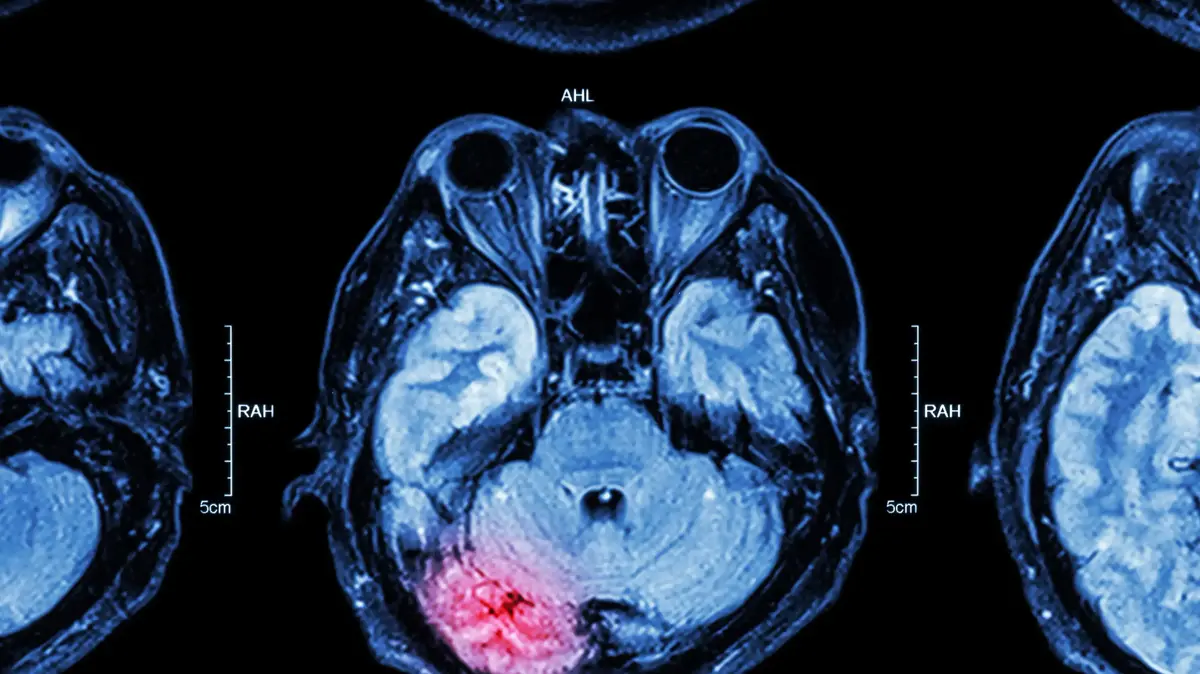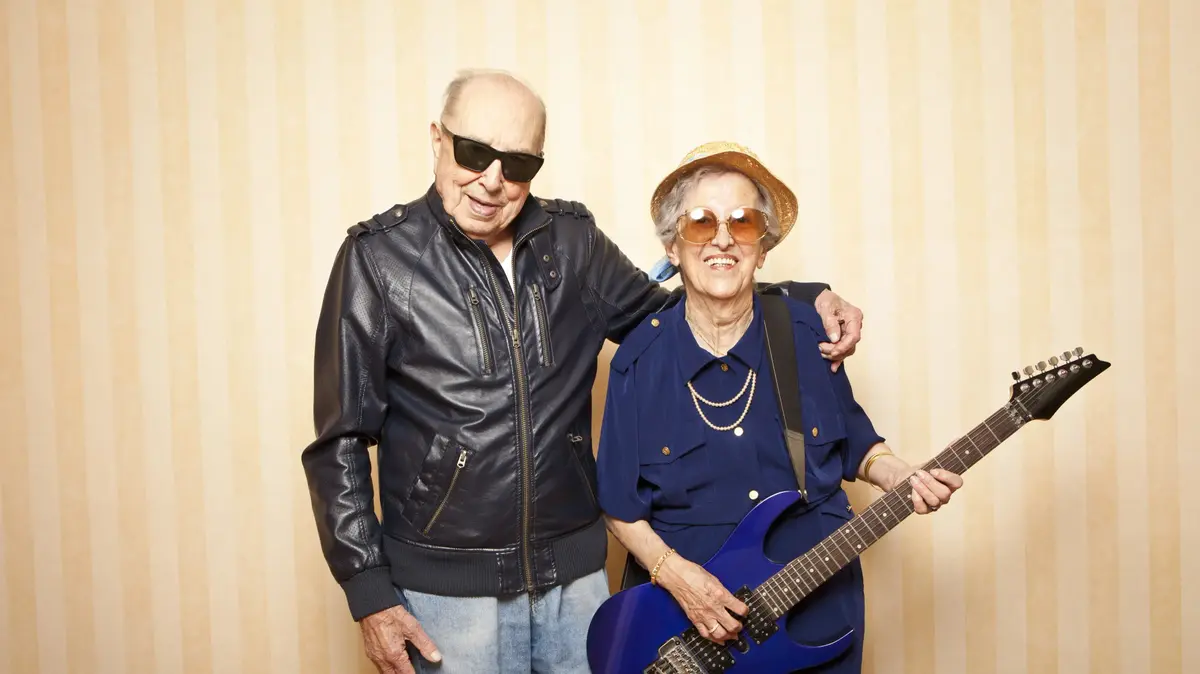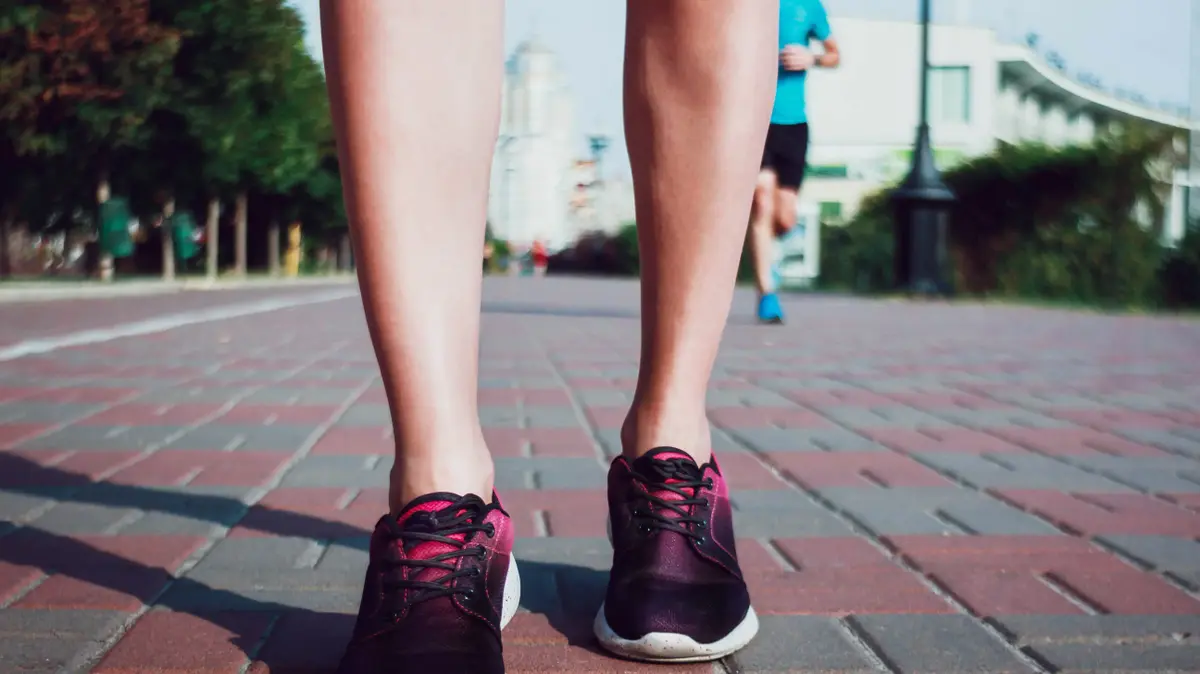1 in 11 strokes occurs one hour after an emotional upheaval or physical exertion
A new and interesting study examines for the first time the immediate factors that can affect the risk of stroke within an hour and its conclusions are important to each of us.
The details in the article
Walla!
health
07/12/2021
Tuesday, 07 December 2021, 08:32
Share on Facebook
Share on WhatsApp
Share on Twitter
Share on Email
Share on general
Comments
Comments
A stroke is a serious and sudden medical event, and new research sheds particularly intriguing light on immediate factors that may affect the likelihood of its occurrence.
According to the study findings, 1 in 11 strokes occurs within just one hour after the patient experiences an emotional response of anger or sadness.
In addition, the researchers found that physical exertion can also have an effect on the chance of a stroke - 1 in 20 people who have had a stroke engaged in strenuous physical activity shortly before suffering it.
The study, published in the European Heart Journal, was conducted at the National University of Ireland (NUI) as part of a large-scale research project called INTERSTROKE that includes data on 13,462 severe stroke cases from 32 countries.
Stroke is one of the leading causes worldwide for death as well as disability.
Most studies to date have focused on detecting long-term risk factors, such as obesity and sedentary lifestyle, while the present study chose to focus on acute factors that can predict the likelihood of stroke or even trigger its occurrence.
More on Walla!
The moment we are all afraid of will come for sure.
This is how you prepare for it
To the full article
"Stroke prevention is high on doctors' priorities, and despite advances in medicine, it is still difficult to predict when a stroke will occur. Many studies have examined exposure to medium-term risk factors, such as hypertension, obesity or smoking. While our study sought to examine acute and short-term exposures Range, which can be a trigger for stroke, "said Professor Andrew Smith, one of the leaders in Irish research and a lecturer in clinical epidemiology at NUI, in a press release with the publication of the study's findings.
30% increase in chance of stroke after an angry event or emotional upheaval.
Stroke (Photo: ShutterStock)
The researchers focused mainly on cases of ischemic stroke, which is the most common type of stroke. Ischemic stroke occurs when a blood clot blocks or narrows the blood vessels that supply blood to the brain. In addition the researchers also examined some cases of stroke caused by cerebral hemorrhage, which is a less common type of stroke but is considered quite severe.
"We examined two different triggers. Our study found that anger or emotional upheaval leads to a 30 percent increase in the risk of stroke during the next hour - and the risk is greater among patients without a history of diagnosed depression. Higher risk was also found for patients with lower education. ", Prof. Smith elaborated. "We also found that significant physical exertion was associated with a 60 percent increase in the risk of stroke due to cerebral hemorrhage, during the hour after physical exertion. This risk was greater for women, and smaller for anyone with a normal BMI," Smith added. . The researchers further examined and found that a combination of physical exertion and anger did not further increase the risk of stroke.
More on Walla!
A few cups of coffee and tea should be drunk to help prevent stroke and dementia
It is the ingredient in the food that really increases the risk of stroke
Doctors recommend: six minutes, twice a day and no pain
The difference between exertion and exercise
The researchers pointed out that there is a significant difference between a one-time physical effort - such as carrying something heavy up a flight of stairs - and maintaining a regular physical activity.
Some people should avoid heavy physical exertion.
Man strains in training (Photo: ShutterStock)
"Our message to everyone is to maintain physical and mental health at any age. But for some people it may be advisable to try and avoid heavy physical exertion, especially if they have other cardiovascular risk factors, and at the same time adopt a healthy lifestyle that includes moderate exercise as a matter of routine." said Dr. Michelle Knaooan, partner of Professor Smith for this study and a physician who specializes in treating stroke at University hospital Galway, Ireland.
in the present study shines a light on the great impact that can have on our mental state, physical health and medical implications. most people will experience situations Of anger or frustration from time to time, and studies like this remind us how important it is that we know how to prioritize our mental health and calmness.
health
news
Tags
Embed
Stroke
anger











/cloudfront-eu-central-1.images.arcpublishing.com/prisa/S7ERVSCT4FUVX6R7TUVBDNTH5Y.jpg)


